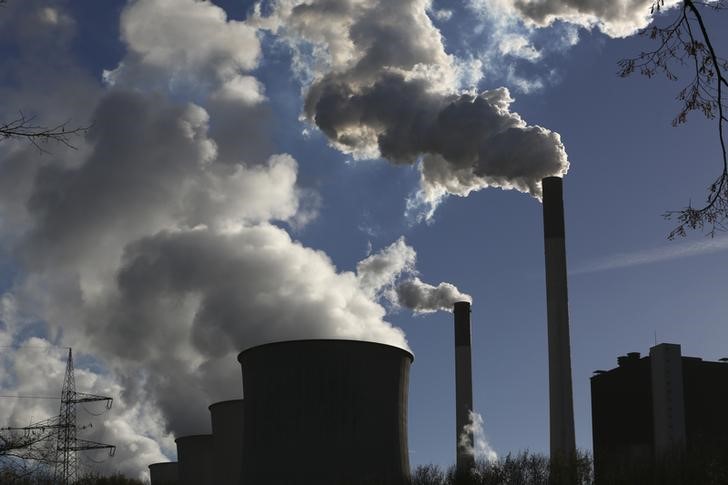By Serajul Quadir
DHAKA, Sept 3 (Reuters) - A Bangladesh power company has agreed a $4.6 billion deal to build the largest coal-fired power plants in the country to help ease a prolonged energy crisis, a senior official told Reuters on Thursday.
Mohammad Abul Quasem, managing director of Coal Power Generation Company Bangladesh Ltd, said the state-run company will build two 600-megawatt (MW) plants on an island in the Bay of Bengal, 32 kilometres (20 miles) from the beach resort of Cox's Bazar.
Quasem said the company will borrow $3.7 billion from the Japan International Cooperation Agency (JICA) at an annual interest rate of 0.1 percent over 30 years, with an initial ten-year grace period. The rest of the money will be financed by the government.
"This is the biggest project in the power sector in terms of both investment and power generation capacity" in Bangladesh's history, Quasem said.
Construction on the two power plants is scheduled to start in March 2016, with operations set for August 2022. Two Japanese companies, Sumitomo Corp 8053.T and Marubeni Corporation 8002.T , have bid to participate in the construction project.
In Bangladesh, daily blackouts last as long as five hours. The country produces 8,000 MWs of electricity, but demand far exceeds supply, with a daily deficit of up to 1,500 MWs.
Nasrul Hamid, junior minister for power, energy and mineral resources, said unless the country can boost its energy production it will fail to achieve a target of becoming a middle-income country by 2021.
"If we want to raise our economic growth to 8 percent from 6.5 percent now, then our power generation (growth) should be 15 percent," Hamid said in an interview.
Bangladesh's power capacity growth is currently about 10 percent a year.
The government plans to turn the island in the Bay of Bengal into an energy hub. Hamid said there are plans to build a liquefied natural gas terminal, a floating terminal for the loading and unloading of fuel oil, and petrochemical factories.
Plans for the island include development of a port to unload up to 4 million tonnes of coal a year from Australia, Indonesia and South Africa for the power plants.
JICA is Japan's main conduit for dispersing much of $17 billion in annual overseas development aid from its Foreign Ministry. The agency builds schools and hospitals and finances agriculture and health projects, with Japanese engineers, nurses and other experts often involved.
Taku Yamabe, a senior representative for JICA in Bangladesh, said the agency would initially provide $350 million in loans to cover the first phase of the project. (Editing by Andrew MacAskill and Tom Hogue)
